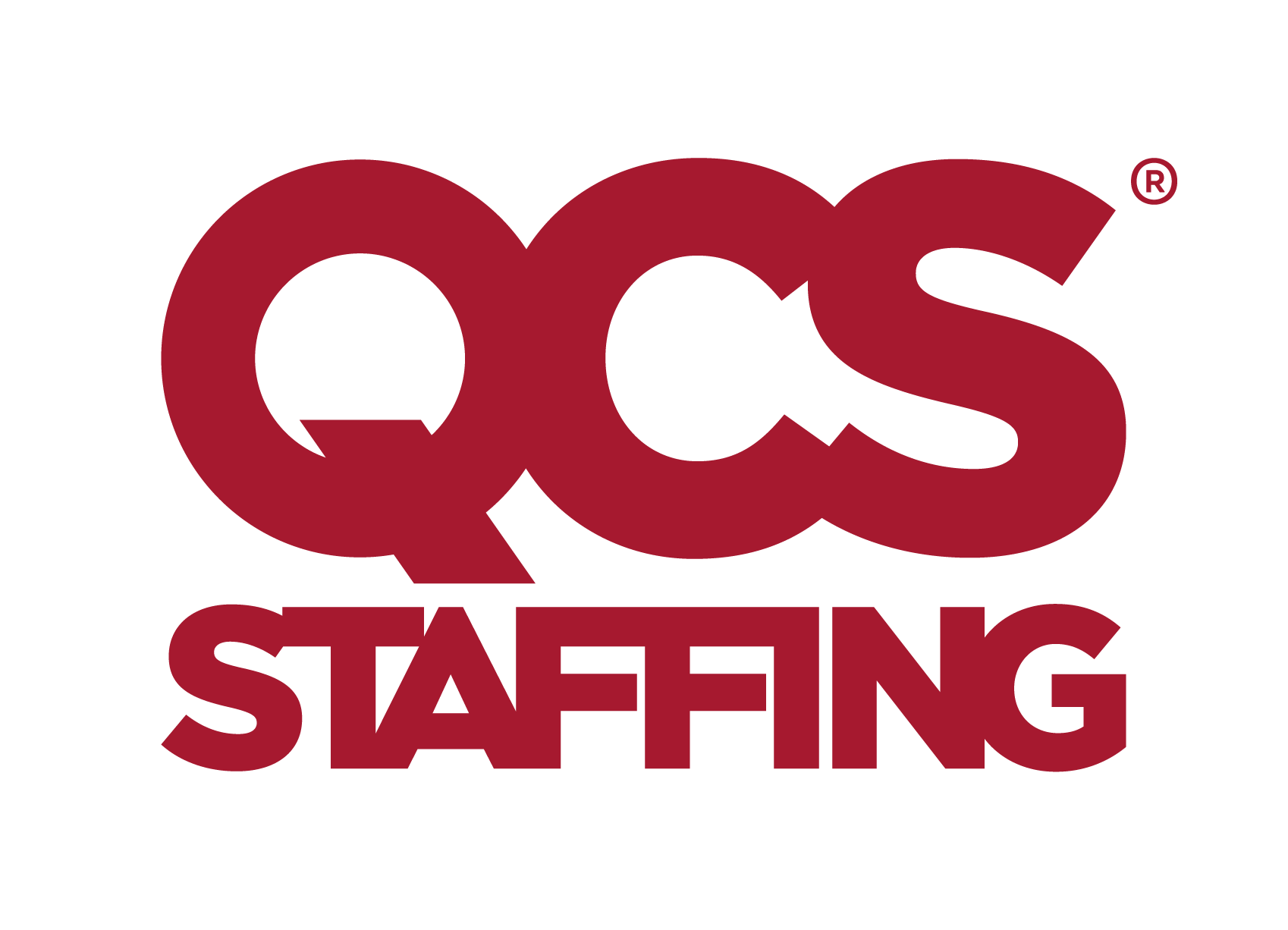Brexit and the CTA: What you need to know
As we inch towards a deal/no deal Brexit, there is surprisingly a very obvious point of clarity concerning the impact of a no deal Brexit for UK and Irish citizens.
It is not generally known, but way back in the annals of time - 1971 in fact - well before the UK joined the EU, the Common Travel Area (CTA) was created. The CTA is a long-standing arrangement between the UK, the Crown Dependencies (Jersey, Guernsey, and the Isle of Man) and Ireland.
The CTA is not reliant on membership of the EU, formed before either the UK or Ireland were members, but based on domestic legislation and bilateral agreements. The CTA established cooperation between the immigration authorities of its members to provide a pragmatic response to the movement of people within it, including other nationalities who remain subject to immigration control. Central to the UK’s legal framework is that there are no routine immigration controls on journeys from within the CTA to the UK, including on the Northern Ireland-Ireland land border.
The UK’s approach to the CTA is set out in the Immigration Act 1971 and subsequent secondary legislation. These legislative arrangements are extended to the Crown Dependencies. Protocol 20 to the Treaty on European Union and the Treaty on the Functioning of the EU recognises the cooperation between members, confirming that the UK and Ireland can ‘continue to make arrangements between themselves relating to the movement of persons between their territories (the Common Travel Area)’.
The rights of Irish citizens in the UK are rooted in the Ireland Act 1949 and are provided for in subsequent legislation and bilateral agreements, as the nature of these rights has evolved over time.
So what does this mean for us? If you’re a British or Irish citizen in another part of the Common Travel Area (CTA), you’re not required to take any action to protect your status or rights associated with the CTA. You can continue to travel freely within the CTA without seeking immigration permission from the authorities.
Irish citizens in the UK and British citizens in Ireland will continue to have the same associated rights and entitlements to public services, including access to employment, healthcare, education, social welfare and benefits, as well as the right to vote in certain elections.
The CTA holds special importance to people in their daily lives: it goes to the heart of the relationship between these islands. The UK government is firmly committed to maintaining the CTA arrangements after the UK leaves the EU, an objective shared by the Crown Dependencies. The Irish Government has been clear also in its commitment to the continuation of the CTA. The CTA has proven to be resilient over the years and would continue to endure if there is no deal.
For more insights on business, Brexit and the recruitment landscape, take a look at our latest blogs.





.png?v=555b7067bd9c0aebf1a20236314b900e)
.png?v=6a62520a89101495e979dda069317018)